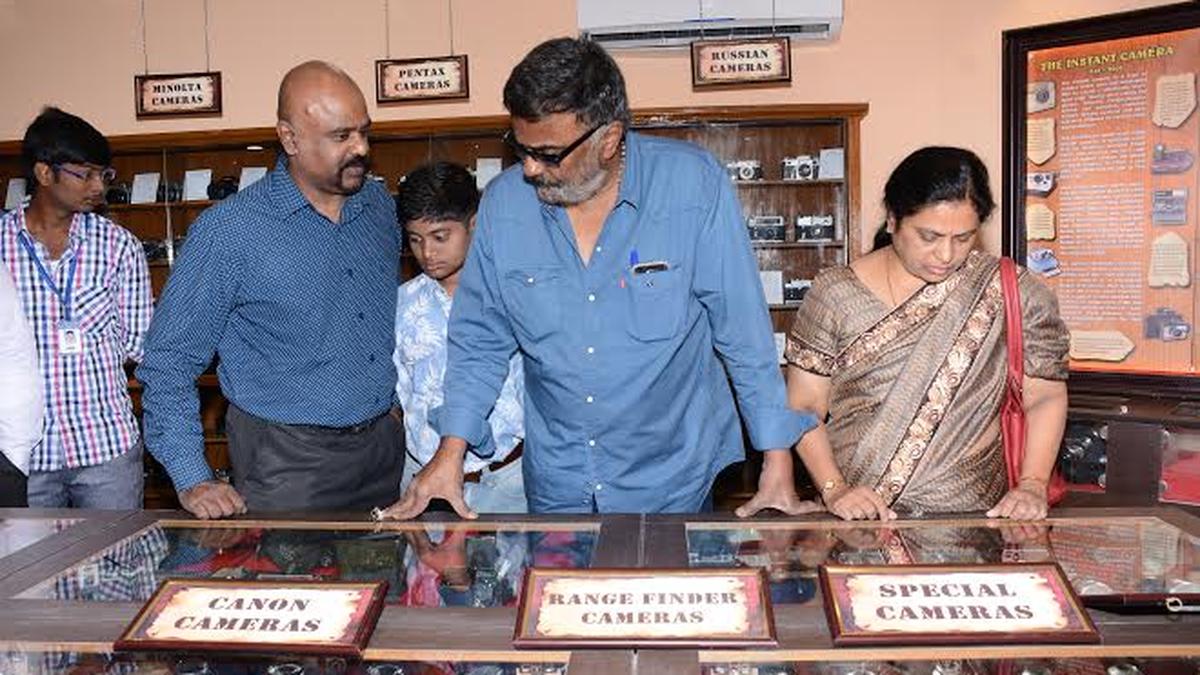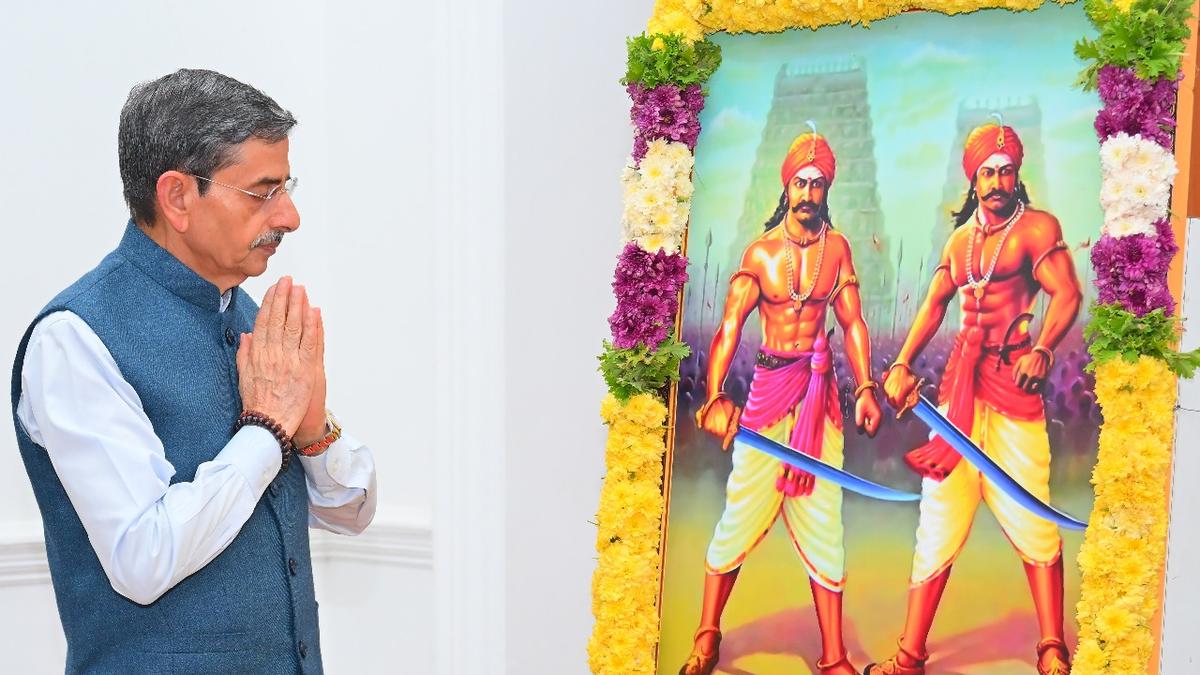Scientists are advocating for improved annual assessment of groundwater recharge rates to ensure long-term management of groundwater resources in hard rock terrains like those found in Telangana.
Although the State receives an average annual rainfall of 960 mm, only about 10–15% contributes to groundwater recharge due to geological formations, land use and land cover patterns, and erratic rainfall — all of which result in a non-uniform and heterogeneous recharge scenario.
In a joint study, scientists from the CSIR-Northeast Institute of Science & Technology (NEIST), Jorhat (Assam) and the National Geophysical Research Institute (NGRI), Hyderabad found that the average annual groundwater recharge in Telangana is approximately 14.3 billion cubic metres (bcm).
Of this, around 11.36 bcm is attributed to primary recharge from rainfall, while the remaining 3 bcm comes from secondary sources such as seepage from surface water bodies and return flow from irrigated fields.
The study, led by NEIST Director V.M. Tiwari, a former NGRI Director, noted that higher recharge rates are observed in northern Telangana due to porous sedimentary formations and a north-to-south rainfall gradient. Variations in recharge rates are influenced by human-induced extraction for irrigation, climate change, and fluctuating rainfall patterns, Mr. Tiwari explained.
Interestingly, the study found that even with ample rainfall in two consecutive years, recharge levels were significantly lower in the second year. Conversely, a drought year followed by favorable rainfall tends to result in increased recharge.
About 60% of Telangana’s land is used for agriculture, with 90% of that land dedicated to water-intensive crops such as maize, rice, and cotton. Between 1997 and 2019, Telangana experienced 10 years of rainfall deficit and nine years of surplus, with deviations exceeding 10% from the long-term annual average. These drought years have had a negative impact on groundwater recharge.
Despite the limited and unchanging storage capacity, such variations significantly affect groundwater availability and agricultural productivity — particularly rice cultivation, the study suggests.
In western and southern Telangana, agricultural practices involving deep bore wells have led to over-exploitation of aquifers. The decline in groundwater levels is driven by factors such as subsidized or free electricity for farmers, affordable pump technology, and the expansion of cash crop cultivation.
Rice, being the dominant crop, consumes disproportionately high amounts of water. Even though farmers are aware of groundwater scarcity, rice cultivation has expanded, causing groundwater-irrigated areas to increase 2.5 times over the last three decades, the study noted.
To ensure sustainability and water security, scientists recommend shifting to less water-intensive crops such as millets (ragi, pearl millet, sorghum), grain legumes (lentils, black gram, cowpea), and rainfed crops like oilseeds, pulses, and cotton. Crop rotation based on annual water availability is also advised.
While initiatives like Mission Kakatiya and improvements in surface water irrigation have contributed to better water management, the study emphasizes the need for a comprehensive groundwater management plan, development regulations, and electricity policies that discourage excessive groundwater exploitation.
The study also involved scientists Abhilash Kumar Paswan, Ayushi Agarwal, Akarsh Asoka, Ramaswamy Rangarajan, and Shakeel Ahmed.

 12 hours ago
4
12 hours ago
4









 English (US) ·
English (US) ·